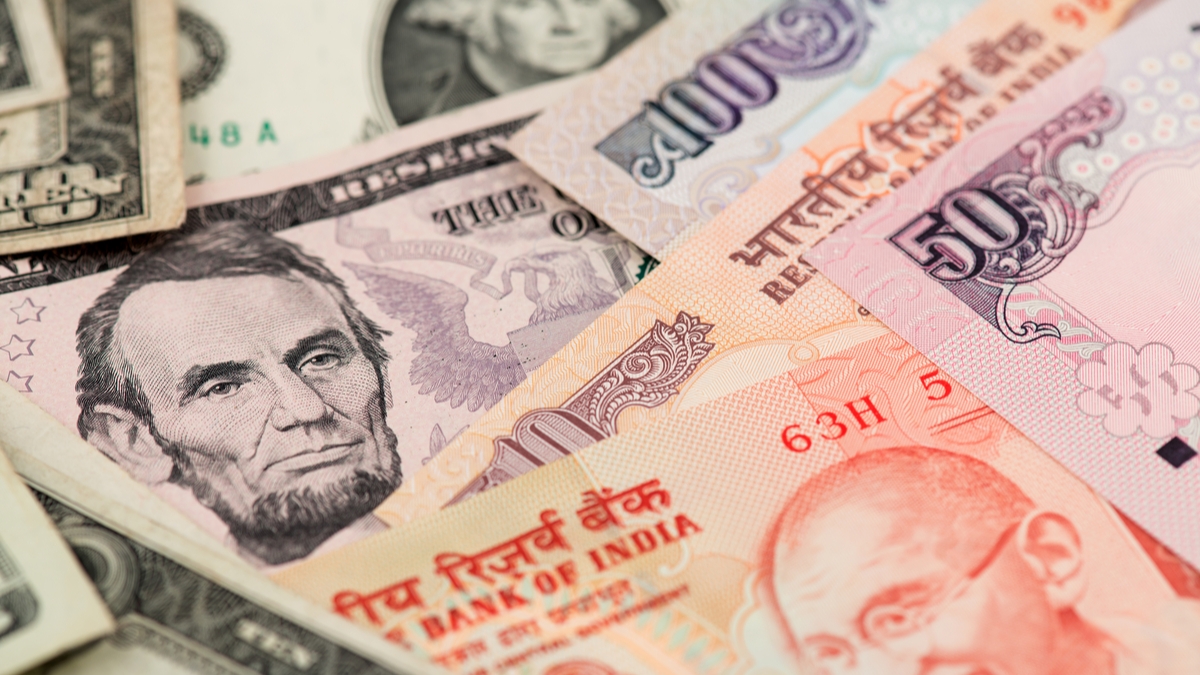On Monday, oil prices increased by more than 1% as a crucial pipeline that supplies the US remained closed and Russian President Vladimir Putin threatened to reduce production in retaliation for a Western export price ceiling. By 0300 GMT, the price of Brent crude futures had risen 30 cents, or 0.4%, to $76.40 per barrel. American West Texas Intermediate crude was up 51 cents or 0.7% at $71.53 per barrel.
Following dips in both grades last week to their lowest levels since December 2021 amid worries that a future global recession may affect oil demand, prices for Brent and WTI increased on Monday. According to Edward Moya, a senior market analyst for OANDA, “oil prices are higher as the Keystone pipeline remains closed, China’s COVID limits ease, and on concerns that Russia could drop output.”
In addition to not providing a timetable for when the Keystone oil pipeline would resume operations, Canada’s TC Energy said on Sunday that it has not yet identified the source of the Keystone oil pipeline leak that occurred last week in the United States. A crucial route for delivering heavy Canadian crude from Alberta to refineries in the Midwest and Gulf Coast of the United States is the 622,000 barrel per day Keystone line.
Although Beijing’s streets were quiet and many businesses were closed over the weekend, China, the world’s largest importer of crude oil, continues to relax its stringent zero-COVID policy. Residents there claim that a return to normal is still a long way off. Putin stated on Friday that Russia, the largest energy exporter in the world, might reduce production and would not sell oil to any countries that imposed a “stupid” price ceiling on Russian exports that was agreed upon by the G7.
While price volatility remained high due to the uncertainty surrounding the European Union restrictions on Russian oil and the associated price cap, the penalties have so far had little effect on the world markets, according to ANZ analysts. The energy minister of Saudi Arabia also stated on Sunday that there was still uncertainty around the implementation of the European price cap and penalty measures as well as their consequences. Barring an unanticipated shock, Treasury Secretary Janet Yellen predicted that American inflation will significantly decline in 2023.

